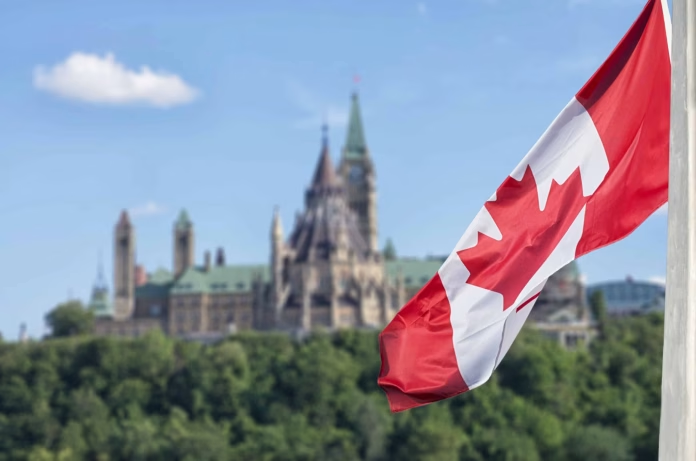Nearly five million temporary permits in Canada are set to expire by the end of 2025, raising concerns about the future of visa holders, including temporary foreign workers, international students, and asylum claimants employed in the country.
Immigration Minister Marc Miller addressed these issues during a Commons immigration committee session, emphasizing that the Canadian Border Services Agency (CBSA) is enforcing immigration laws and that most permit holders are expected to leave voluntarily.
He also noted that many students with expiring permits would likely renew them or apply for post-graduate work permits to extend their stay.
Conservative MP Tom Kmiec questioned the government’s preparedness to manage the potential departures of 4.9 million individuals, underscoring the need for clear plans.
Temporary residents, particularly international students, make up a significant portion of Canada’s workforce. Statistics Canada data shows that in 2021, 87% of Temporary Foreign Worker Program (TFWP) permit holders and 69% of International Mobility Program (IMP) permit holders were employed.
However, the rapid increase in temporary residents has strained Canada’s infrastructure and social services, prompting criticism and policy changes.
In response, the government has announced new immigration caps. By 2025, the annual permanent residency target will decrease from 500,000 to 395,000, a 21% reduction. Temporary foreign worker admissions are expected to drop by over 40% by 2026, while the intake of international students will be reduced by 10%.
Prime Minister Justin Trudeau acknowledged the economic and social pressures caused by the rapid growth of immigration post-pandemic, particularly on housing, healthcare, and social services.
While recognizing the importance of temporary workers to the economy, he emphasized the need to align immigration levels with infrastructure capacity.
Immigration analyst Darshan Maharaja highlighted the challenges posed by the growing influx of temporary residents, who now constitute 7.3% of the population. He pointed to rising rental costs, overcrowded living conditions, and healthcare system strain as significant concerns.
Maharaja suggested that Indian workers, a substantial group among Canada’s immigrants, may increasingly look to other countries for opportunities due to these mounting challenges.












